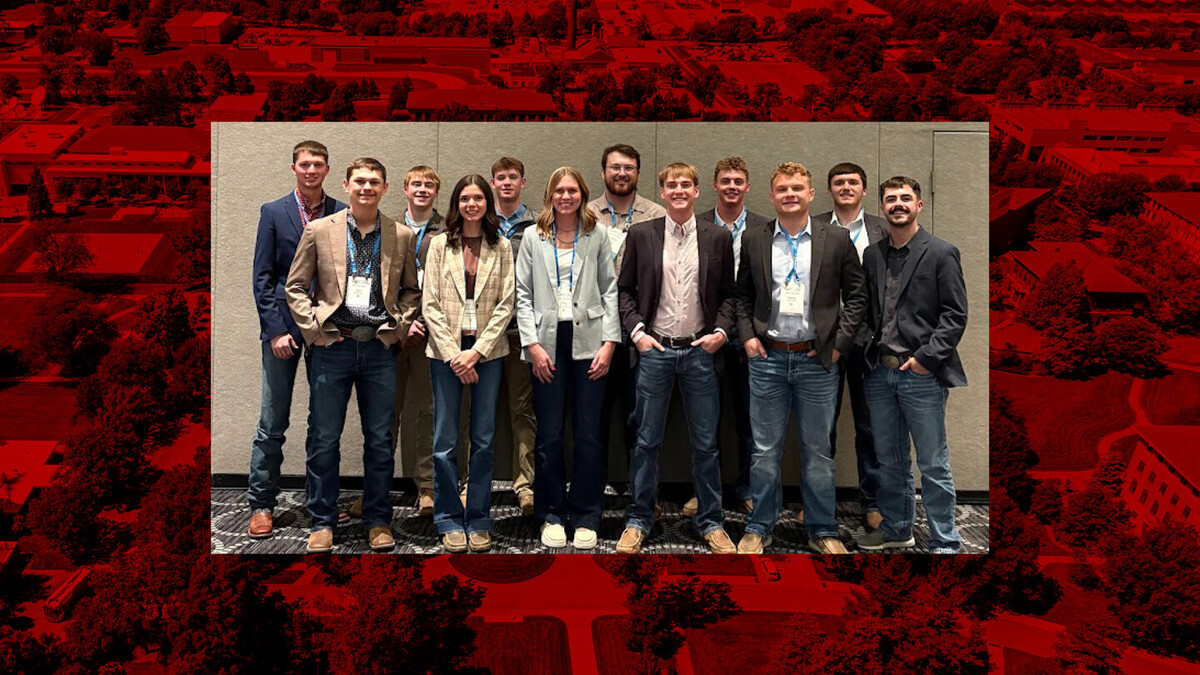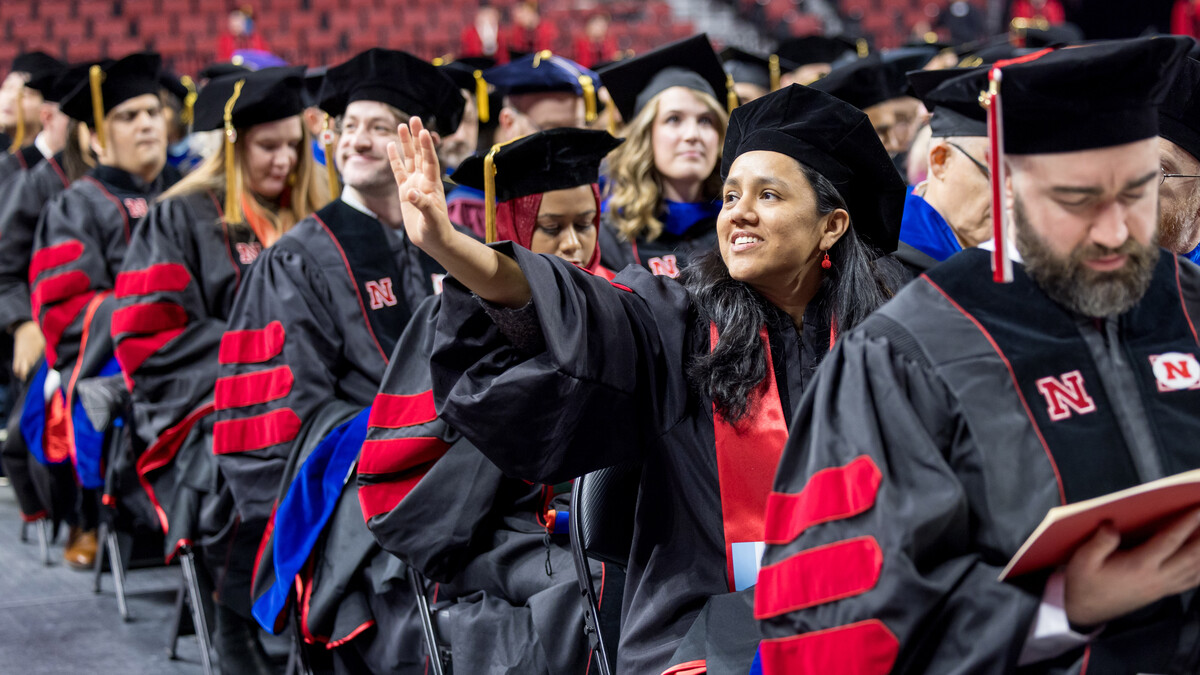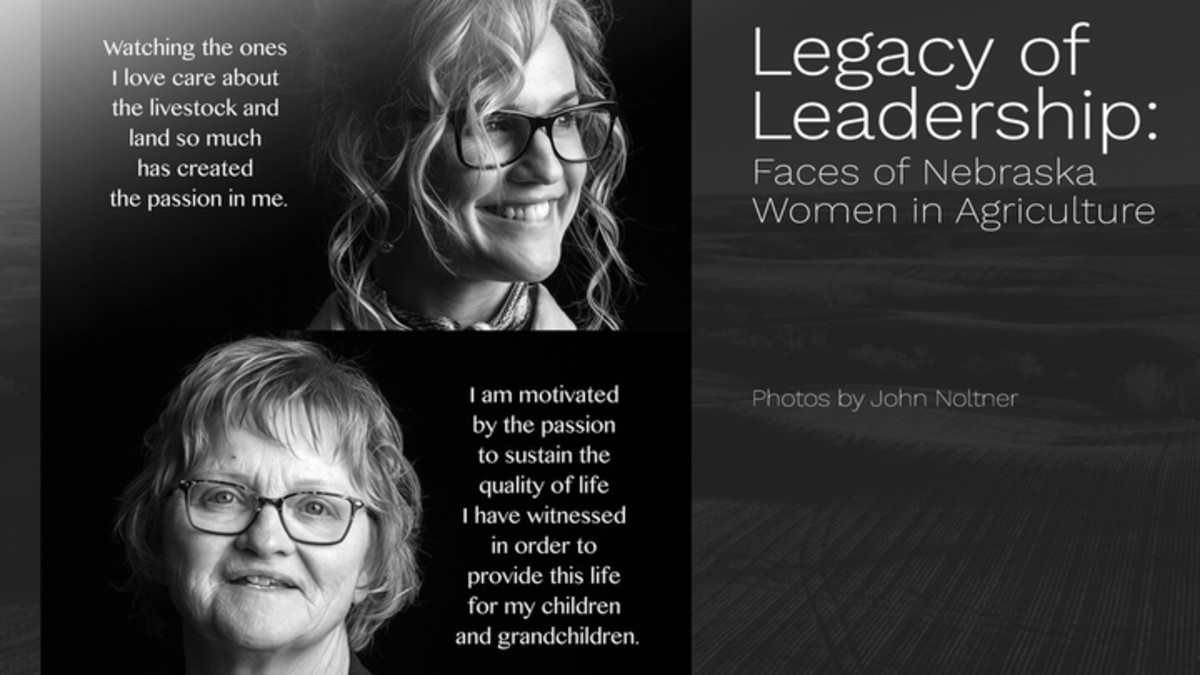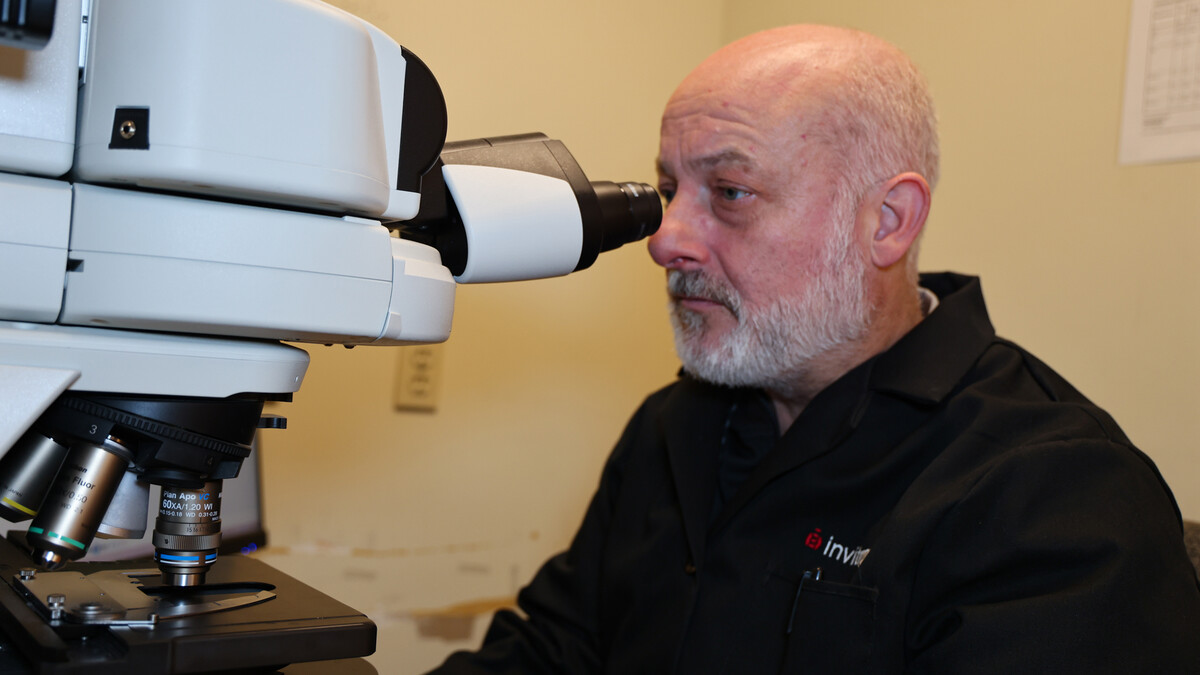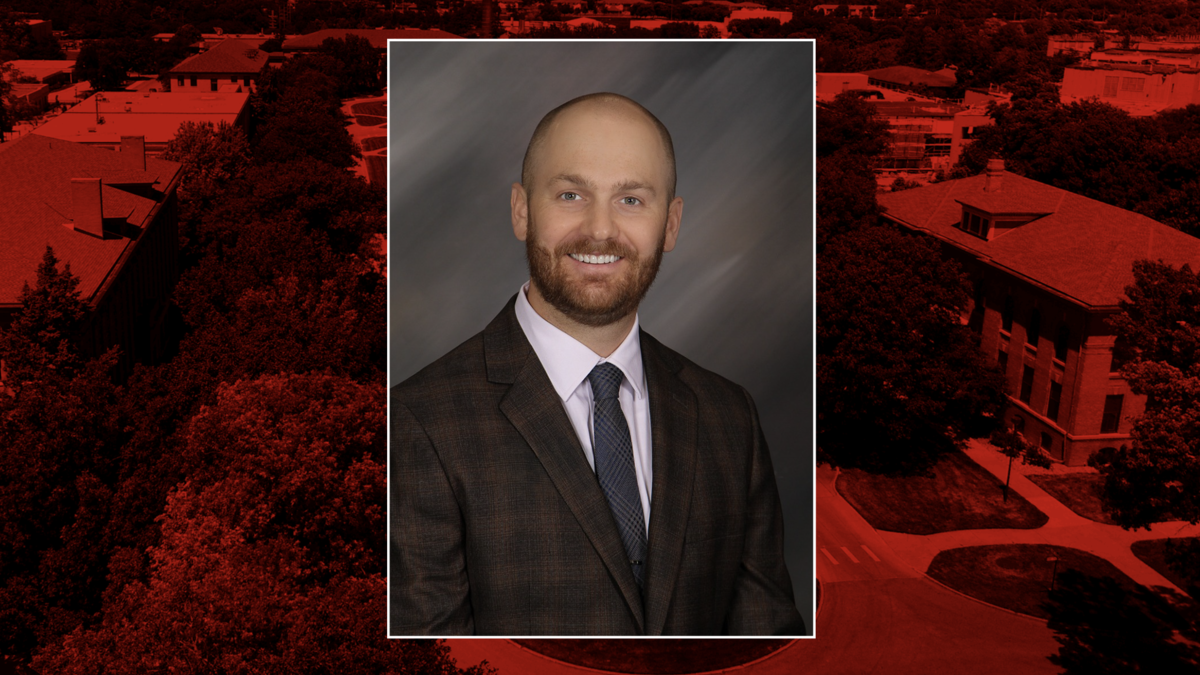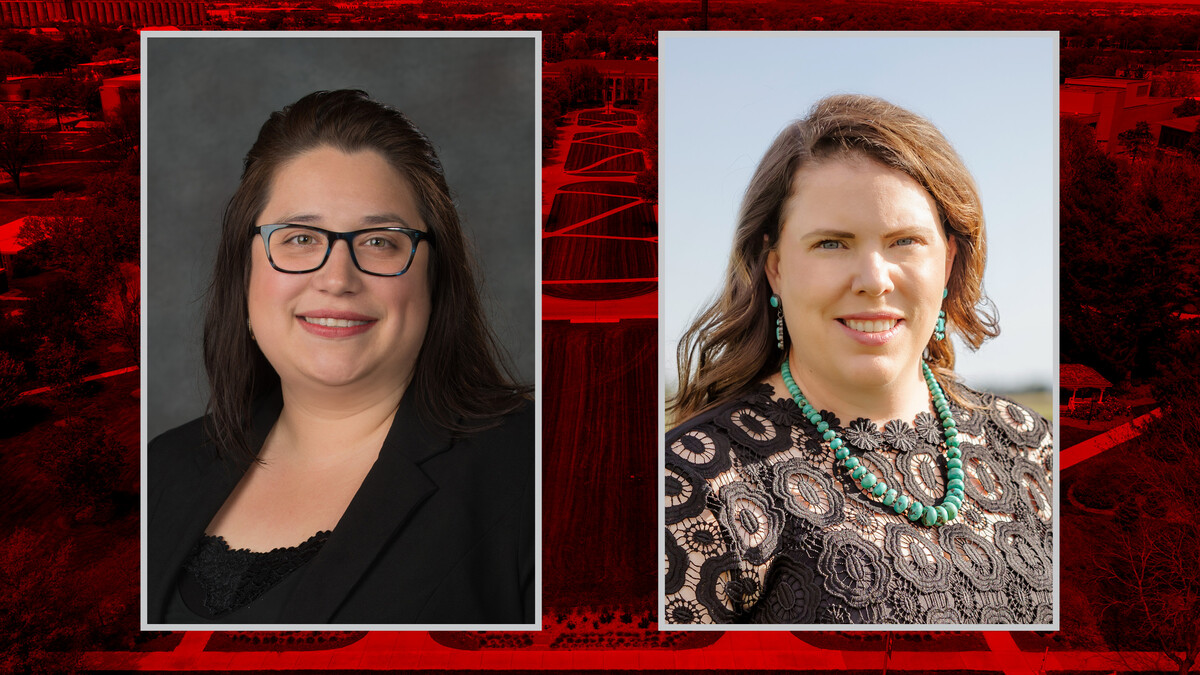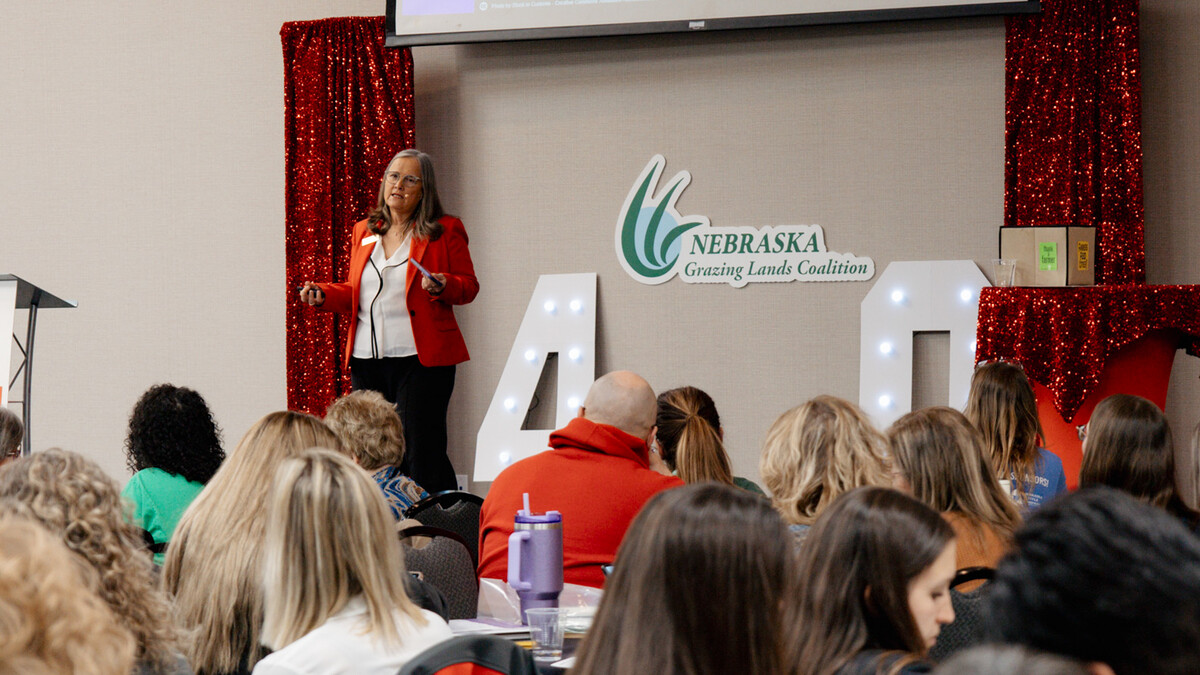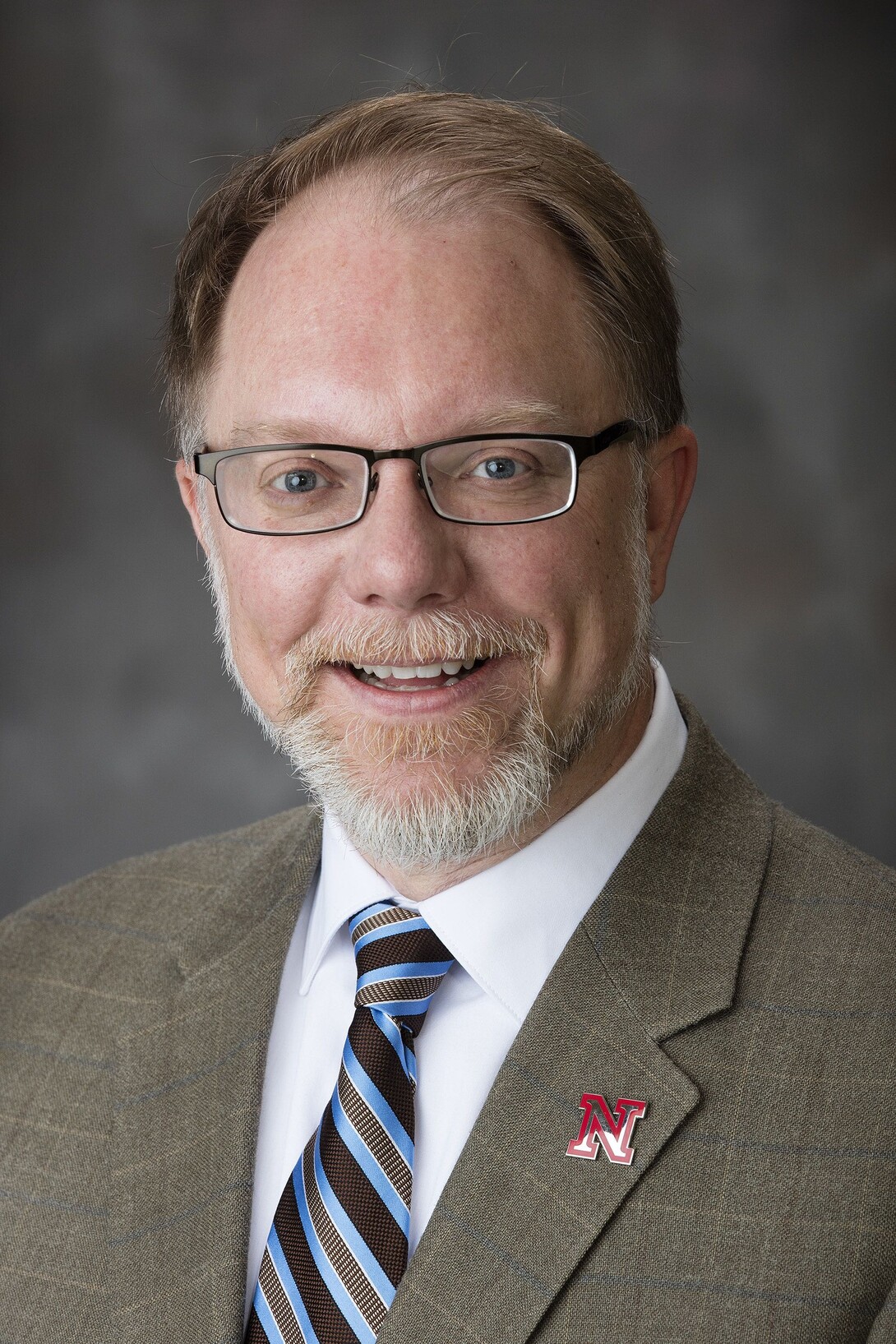
March 7, 2017
Lincoln, Neb. — Mark Riley, professor and head of the Department of Biological Systems Engineering at the University of Nebraska–Lincoln, will be inducted into the College of Fellows of the American Institute for Medical and Biological Engineering (AIMBE). The College of Fellows is comprised of the top two percent of medical and biological engineers in the country.
Riley was nominated, reviewed and elected by peers and members of the College of Fellows for outstanding contributions to biological engineering through development of noninvasive biological measurements and leadership in the profession.
“I am truly honored to be inducted into AIMBE,” Riley said. “This organization not only represents achievement in the field, but collectively the group works to enhance the recognition of biological engineering by the public and by our elected leaders.”
A formal induction ceremony will be held during AIMBE’s 2017 annual meeting at the National Academy of Sciences Great Hall in Washington, D.C. on March 20. Riley will be inducted along with 145 colleagues who make up the AIMBE College of Fellows Class of 2017.
Riley is the fourth individual from the University of Nebraska to be inducted into the AIMBE College of Fellows. The others are Tatiana Bronich, professor and co-director of the Center for Drug Delivery and Nanomedicine at the University of Nebraska Medical Center; William Velander, professor of chemical and biomolecular engineering at UNL; and Ron Yoder, associate vice chancellor of the Institute of Agriculture and Natural Resources.
AIMBE’s mission is to recognize excellence in, and advocate for, the fields of medical and biological engineering in order to advance society.
Since 1991, AIMBE‘s College of Fellows has lead the way for technological growth and advancement in the fields of medical and biological engineering. Fellows have helped revolutionize medicine and related fields in order to enhance and extend the lives of people all over the world. They have also successfully advocated for public policies that have enabled researchers and business-makers to further the interests of engineers, teachers, scientists, clinical practitioners, and ultimately, patients.
Contact
Mark Riley
Professor and Department Head
Department of Biological Systems Engineering
402-472-1413
mriley3@unl.edu

